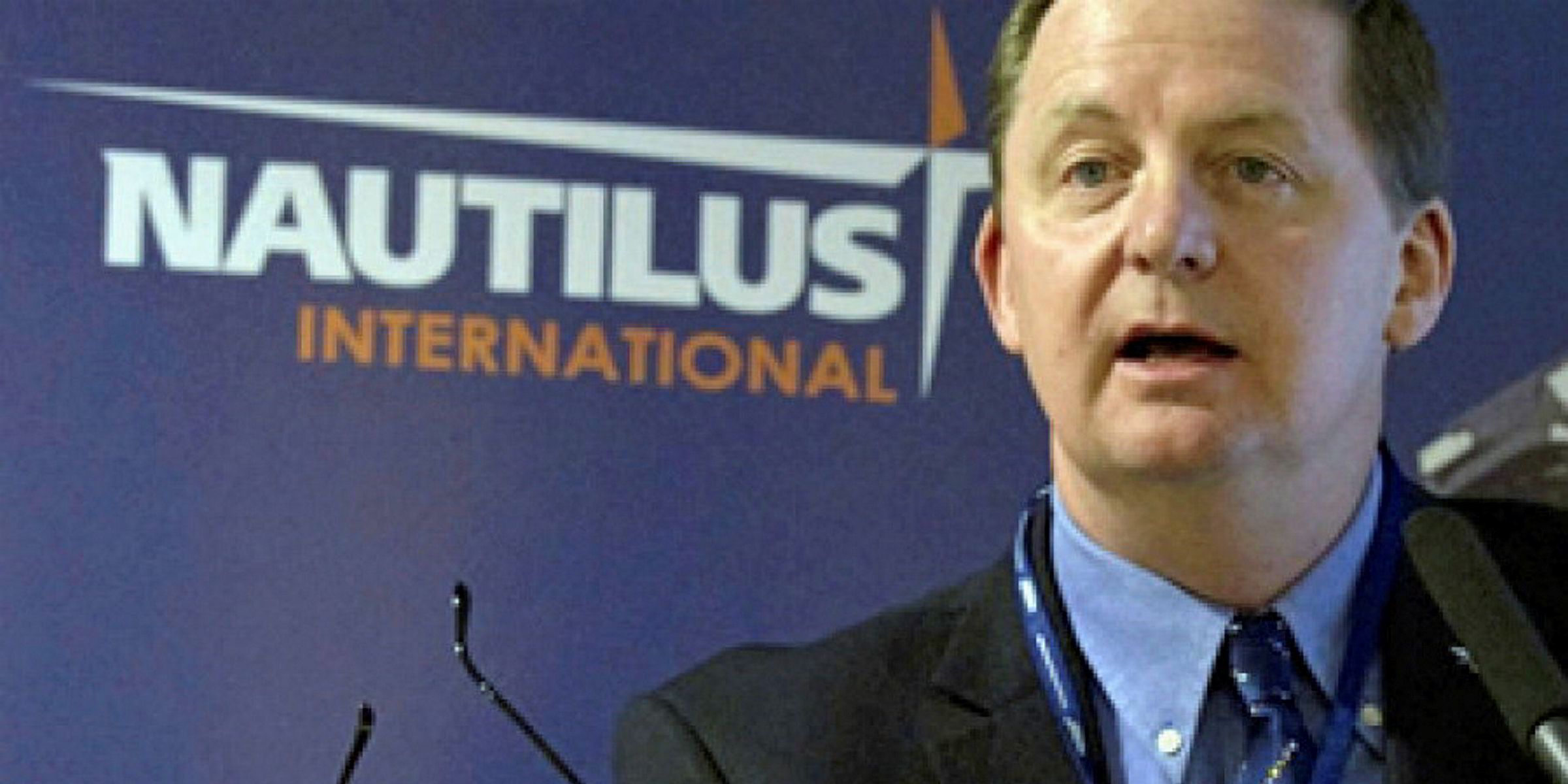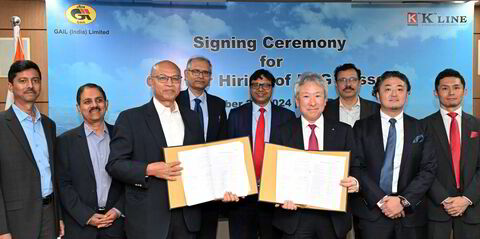The proposed appointment of Nautilus International general secretary Mark Dickinson to the administrative board of the European Maritime Safety Agency (Emsa) has been blocked in line with a ban on British citizens taking up appointments within the European Union (EU).
His rejection comes after the European Commission (EC) said Britons should no longer be considered for administrative roles within EU bodies in anticipation of the UK's departure.
It comes after the beginning of Brexit negotiations and raises concerns that Britain may no longer be contributing to EU maritime safety policy.
Dickinson was proposed by the European Transport Workers' Federation (ETF) as the seafarers' representative on the Emsa administrative board.
According to sources, his nomination was “well received” and his appointment viewed as a matter of procedure and a “foregone conclusion”.
However, he was later told that his appointment had been turned down on the basis of the need to maintain “gender balance”.
Emsa now wants to appoint a woman to the position and has asked the ETF to propose a new candidate.
Yet, when Emsa first approached the ETF, no mention was made of the need for a female candidate.
Emsa also followed notification of Dickinson’s rejection by clearly spelling out its policy on appointing British citizens to Emsa positions.
Emsa explained: “The [European] Commission indicated that, in the context of Brexit, nominations of the professional board members are for four years renewable and require a decision of the College of Commissioners that has to be sustainable; in other words, due to Brexit, it is now Commission policy to screen out British candidates who are intended to perform official duties within EU bodies. ”
Due to Brexit, it is now Commission policy to screen out British candidates who are intended to perform official duties within EU bodies
Dickinson’s role in other EU maritime safety bodies, such as his work as seafarers' spokesman in the sectoral social dialogue committee, could now also come under review.
He is considered one of the most influential and experienced figures in Europe on seafarers' rights and welfare.
Dickinson’s exclusion comes as one of the first signs of how Brexit will leave one of the continent’s leading maritime nations with waning influence over European safety policy.
One maritime union official commenting on Dickinson’s exclusion said: “This is not just about the UK’s role in not just Emsa, but all the other EU bodies involved in maritime and where that might leave the UK in terms of broad policy involvement.
“If the UK is being excluded from posts such as this already, it seems to be a sign that the shutters are going up and Britain is being written out of the picture.”
The UK is a leading country at Emsa in terms of accident investigation, with the UK Maritime Accident Investigation Branch one of the largest contributors of the accident investigation database. It also plays an important role in traffic and pollution monitoring.
Hugh Shaw, the UK’s Secretary of State Representative for Maritime Salvage and Intervention, was a hugely influential figure in helping upgrade the EU’s guidelines on places of refuge for ships in distress.
The UK is also one of the most influential nations in the collective EU representation at the International Maritime Organization (IMO) but sources say it is likely to find itself increasingly marginalised.
It has been a key contributor to IMO policy on passengership stability and ro-ro regulation as well as bulker safety.
Europe is probably the leading driver behind the IMO’s far-reaching carbon emissions reduction programme for shipping but the UK is now set to have little say in shaping the region’s future policy.



